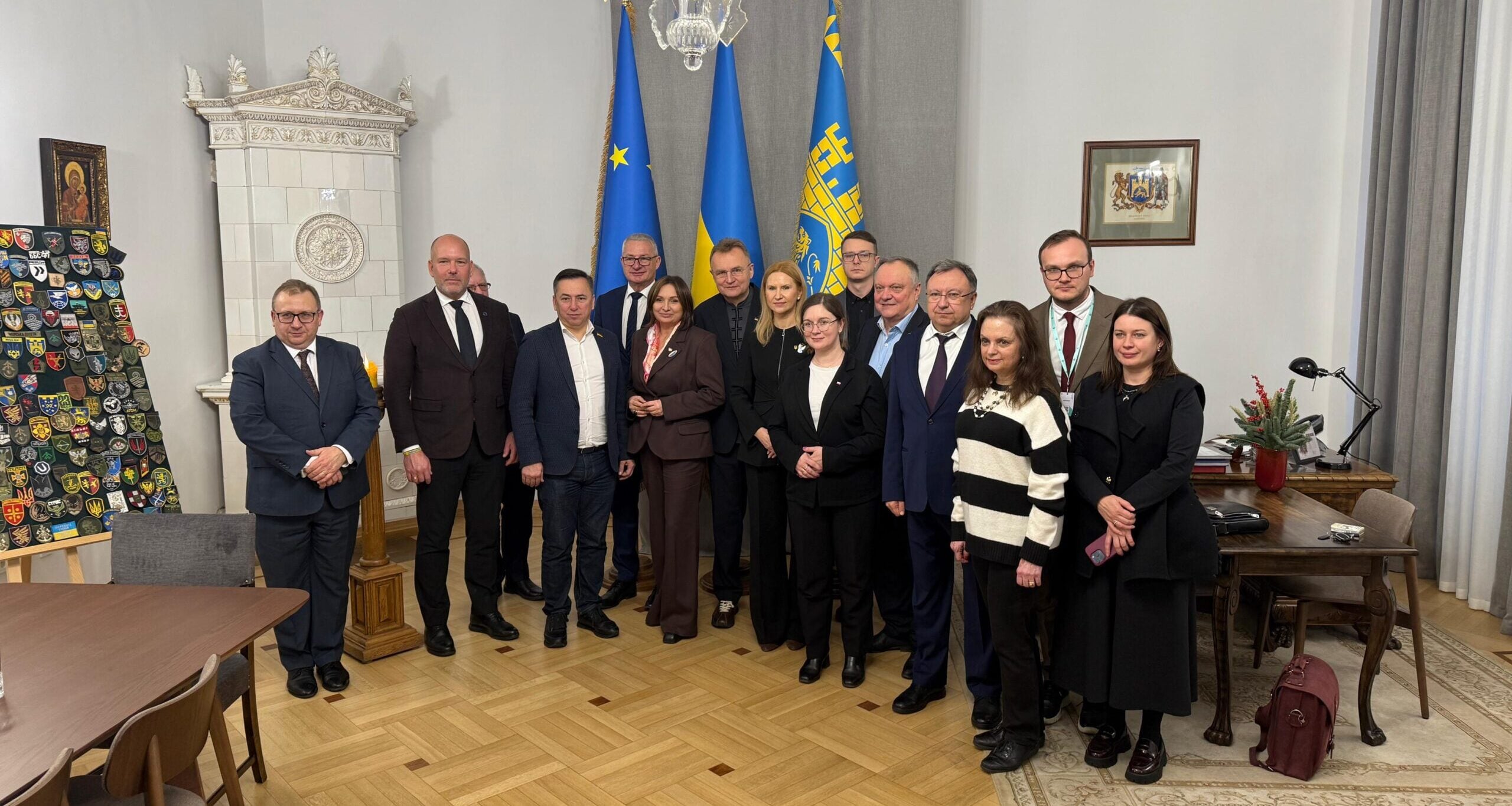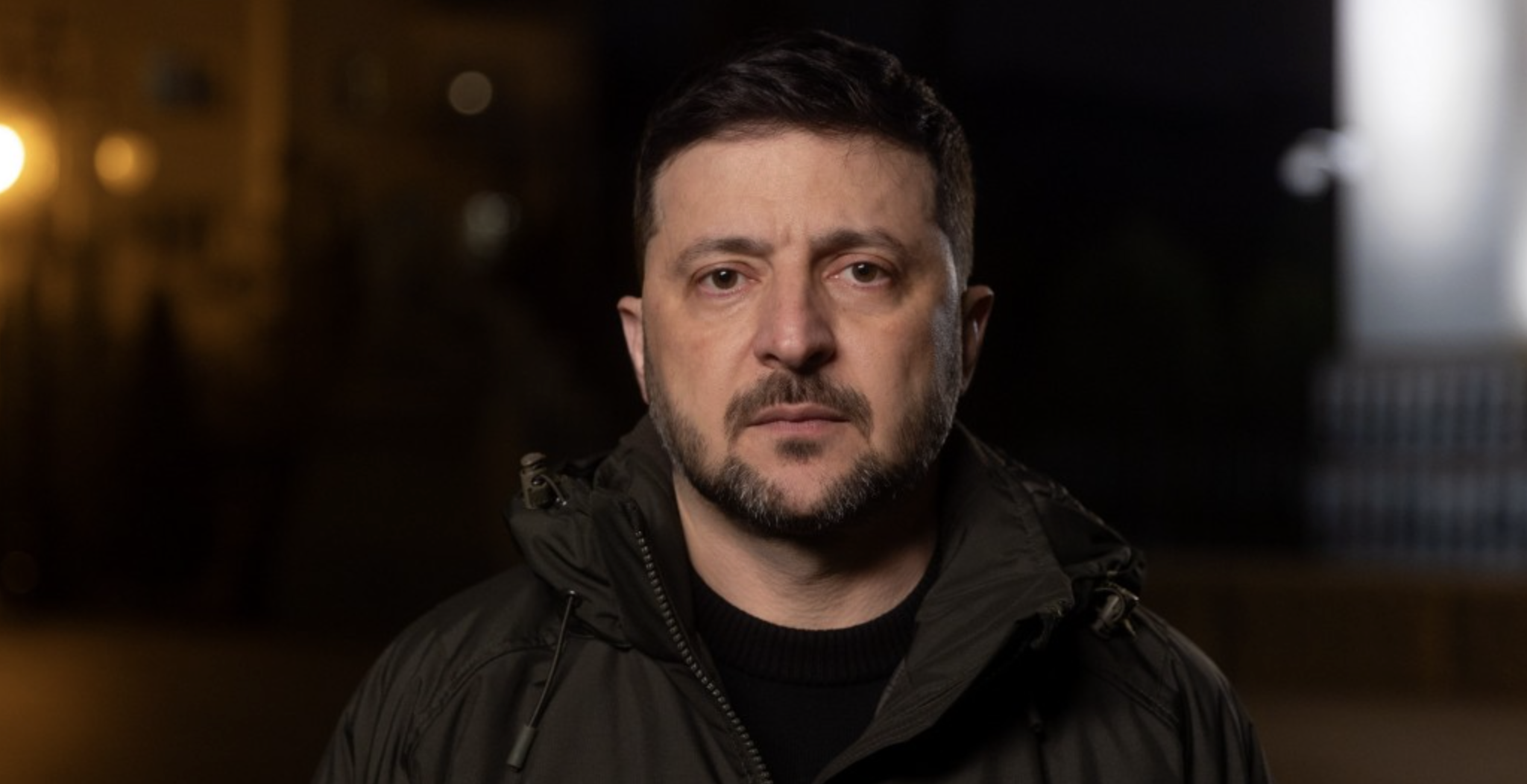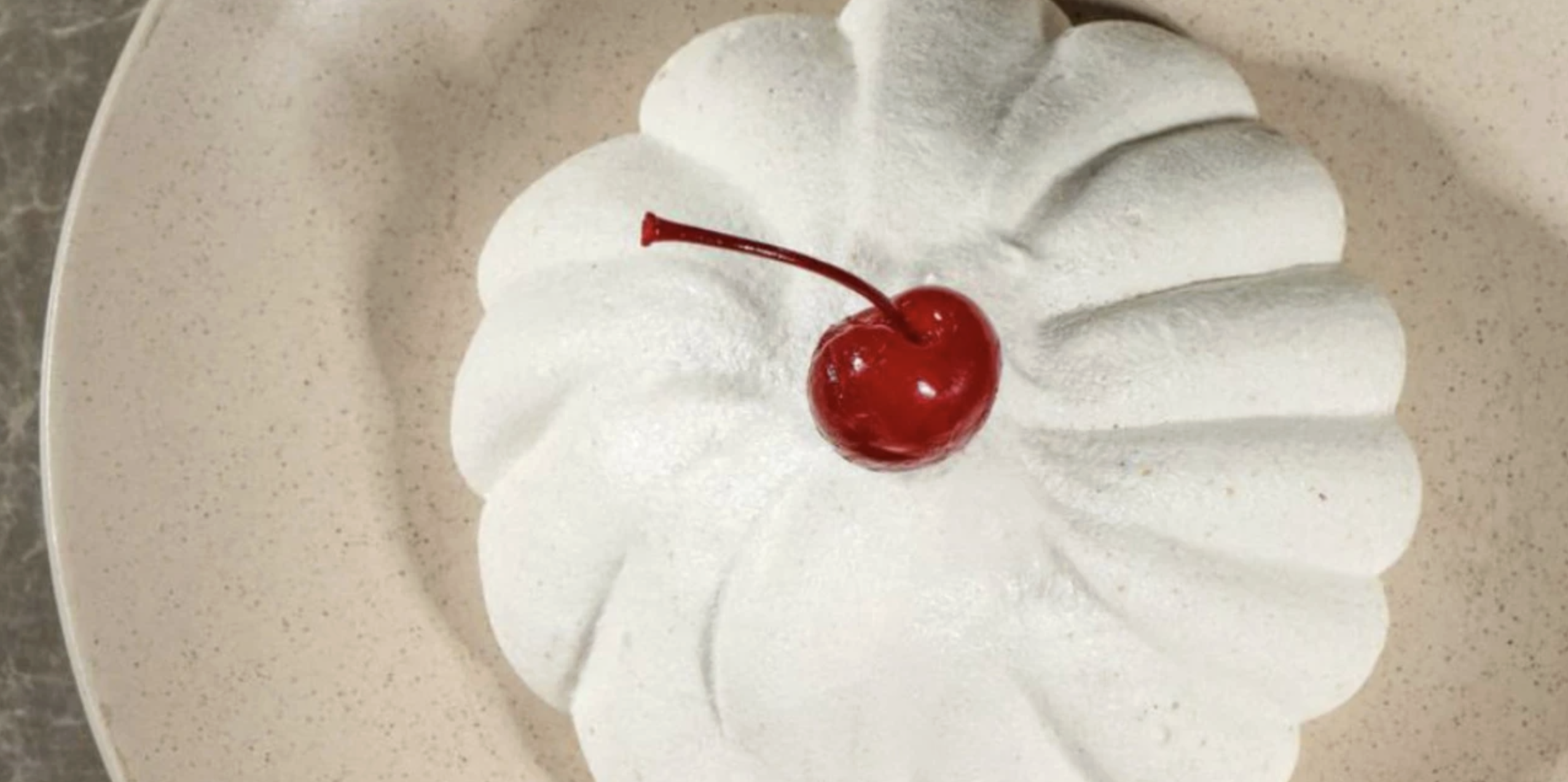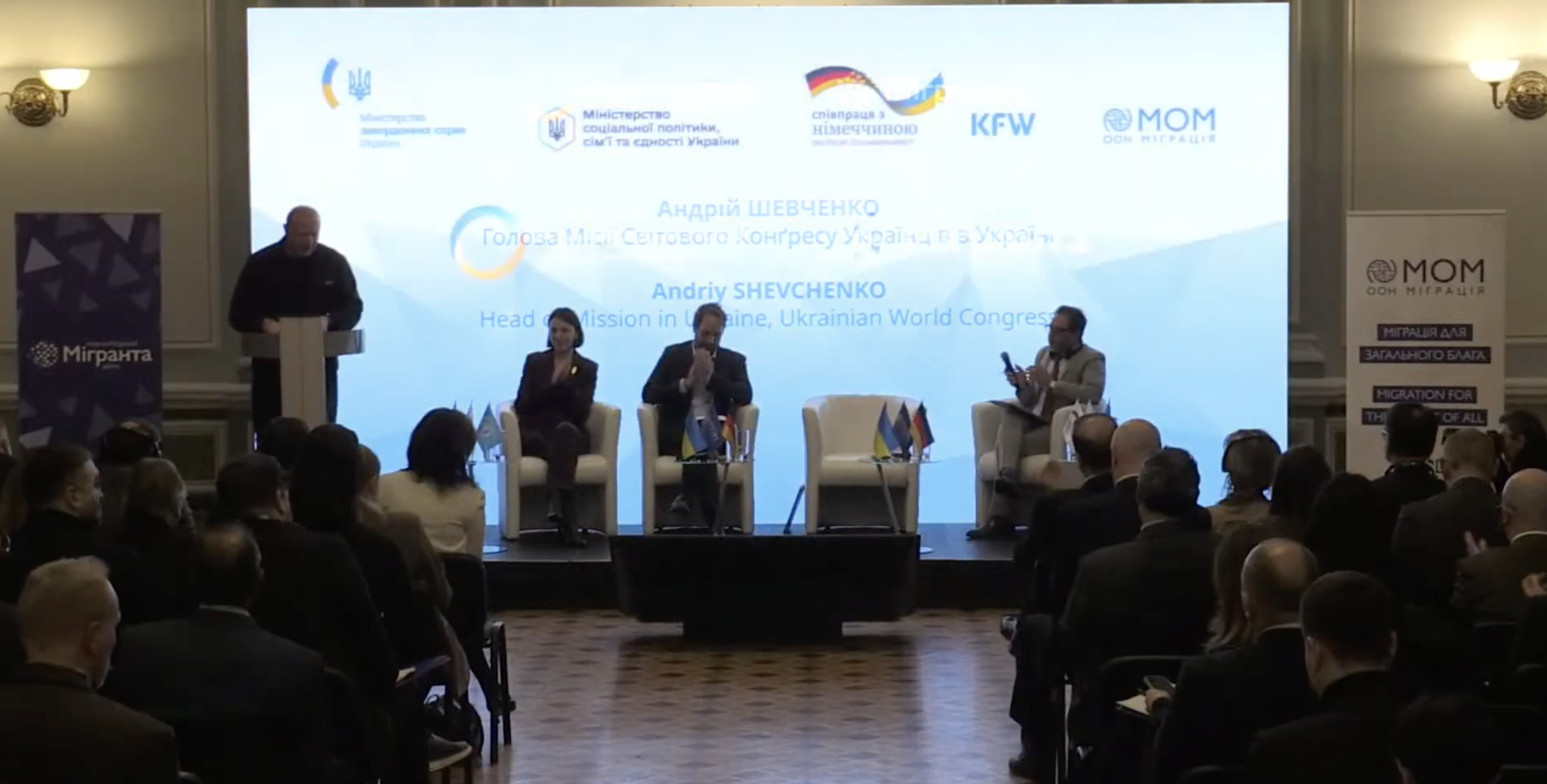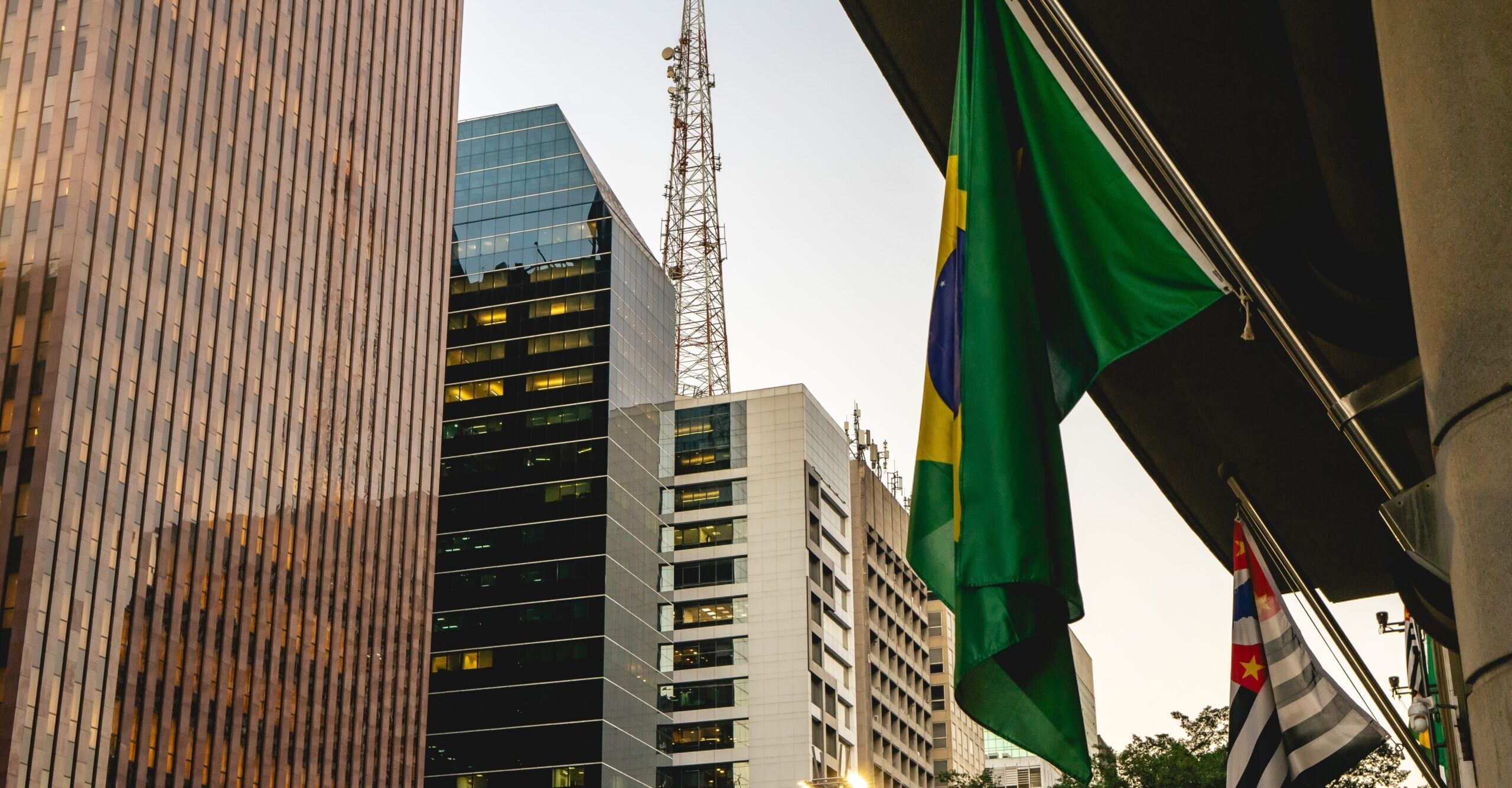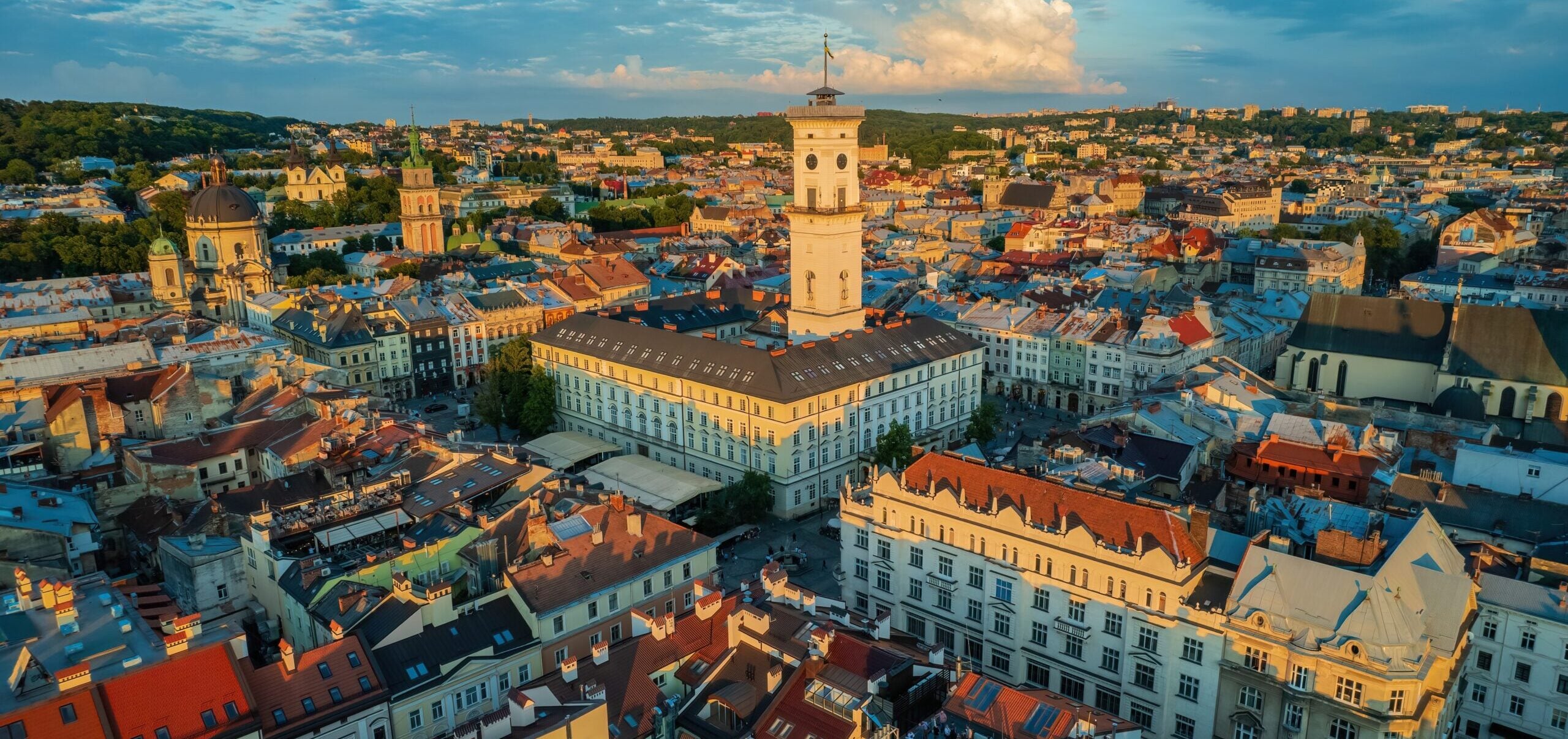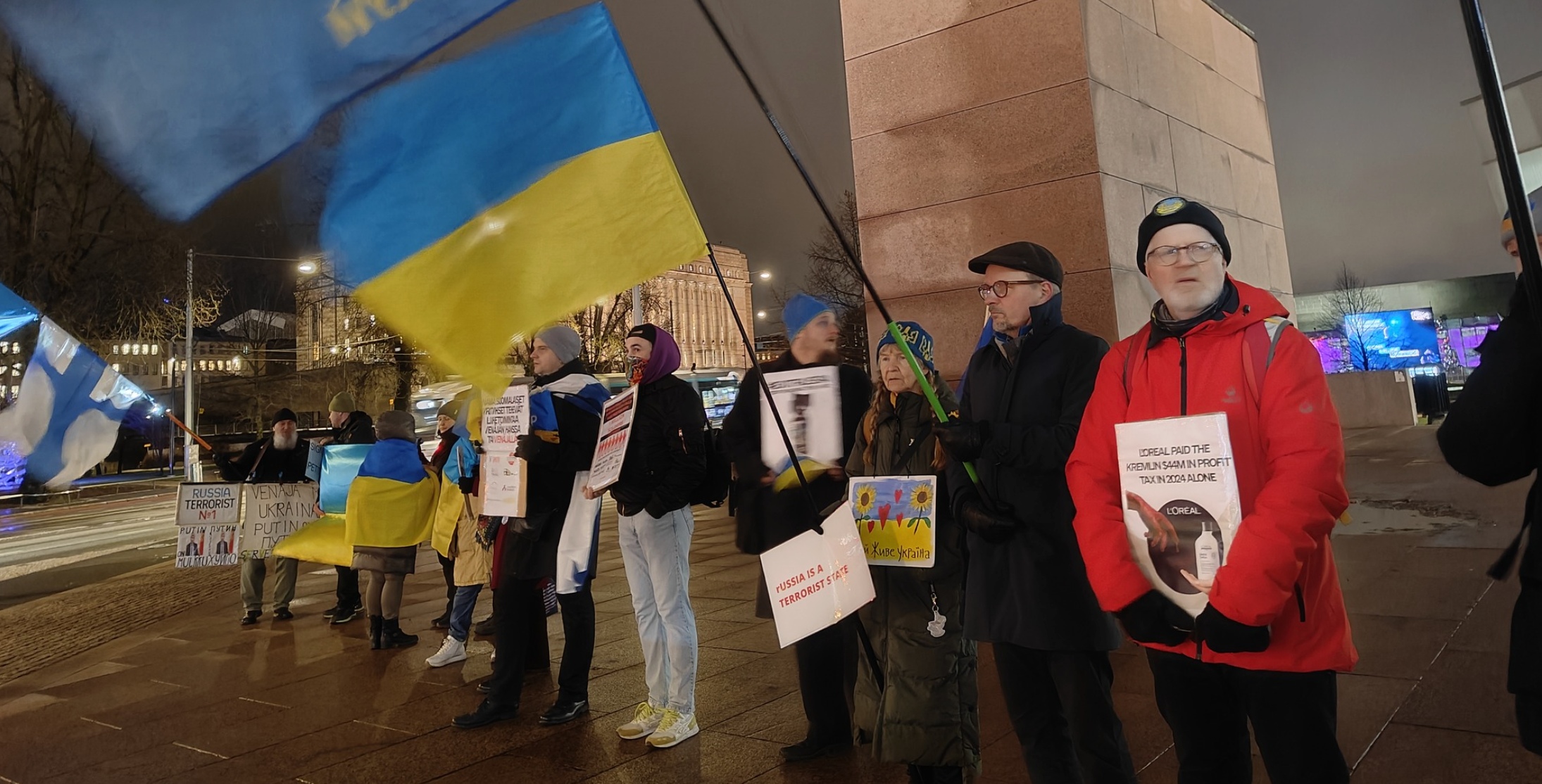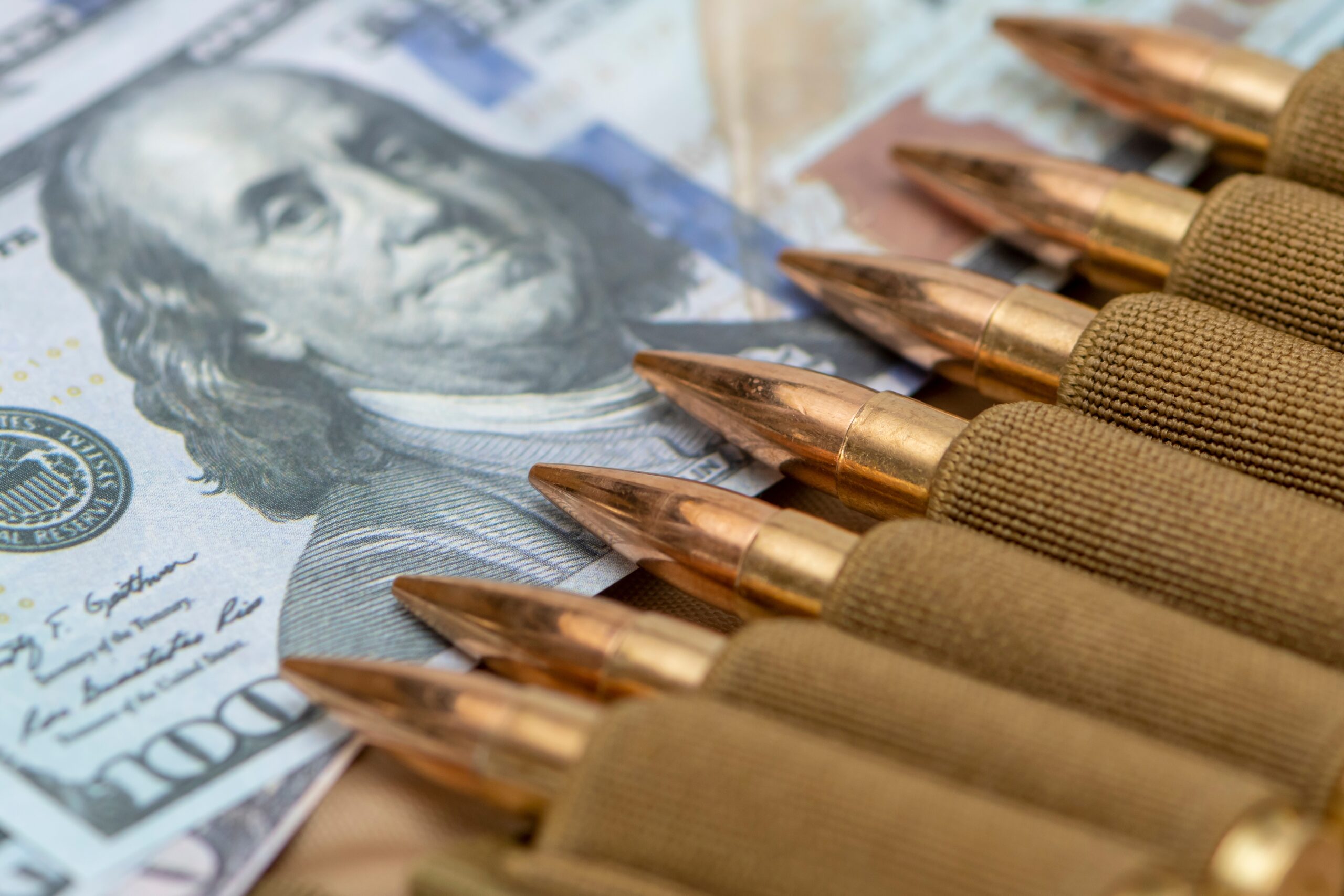
The European Union countries are exploring ways to supply artillery shells to Ukraine. Currently, Kyiv’s partners are attempting to gather $1.5 billion in emergency funding for the purchase of necessary weapons, according to the Financial Times.
“The last-ditch scheme to buy ammunition from outside the EU is being spearheaded by the Czech Republic to compensate for the congressional deadlock on US aid and delays in European production,” journalists write.
Informed officials familiar with the course of discussions say that the Czech Republic needs European partners to help allocate $1.5 billion to purchase ammunition, which Prague has been organizing since Russia began its full-scale invasion in February 2022.
“The Czechs have done the work, but they need others to provide money,” said a person briefed on the initiative. As stated in the article, some EU members have already made their contributions.
Meanwhile, Germany is currently seeking to procure ammunition for Ukraine ‘globally,’ according to General Christian Freuding, the head of the Ukraine staff at the German Ministry of Defense.
Berlin is discreetly discussing an ammunition purchase agreement with India, where they do not want to openly spoil relations with Russia, as reported by Der Spiegel. “As a result, there are currently covert negotiations on whether ammunition can be obtained through intermediaries,” journalists write.
Similar agreements are possible with Arab countries, some of which have significant ammunition reserves. In the Balkans and Africa, some states still have stockpiles or can manufacture ammunition, the article notes.
According to Der Spiegel, Ukraine’s ammunition supplies in the Armed Forces will be depleted no later than June. Last year, in March, the EU reached an agreement to provide Ukraine with a million units of ammunition within a year, but the goal was not achieved.
At the meeting in Brussels on February 21, EU envoys could not reach an agreement on purchasing ammunition outside the bloc and aimed to coordinate the rules for the new capital infusion at the EU leaders’ summit on March 21.
Cover: Shutterstock
